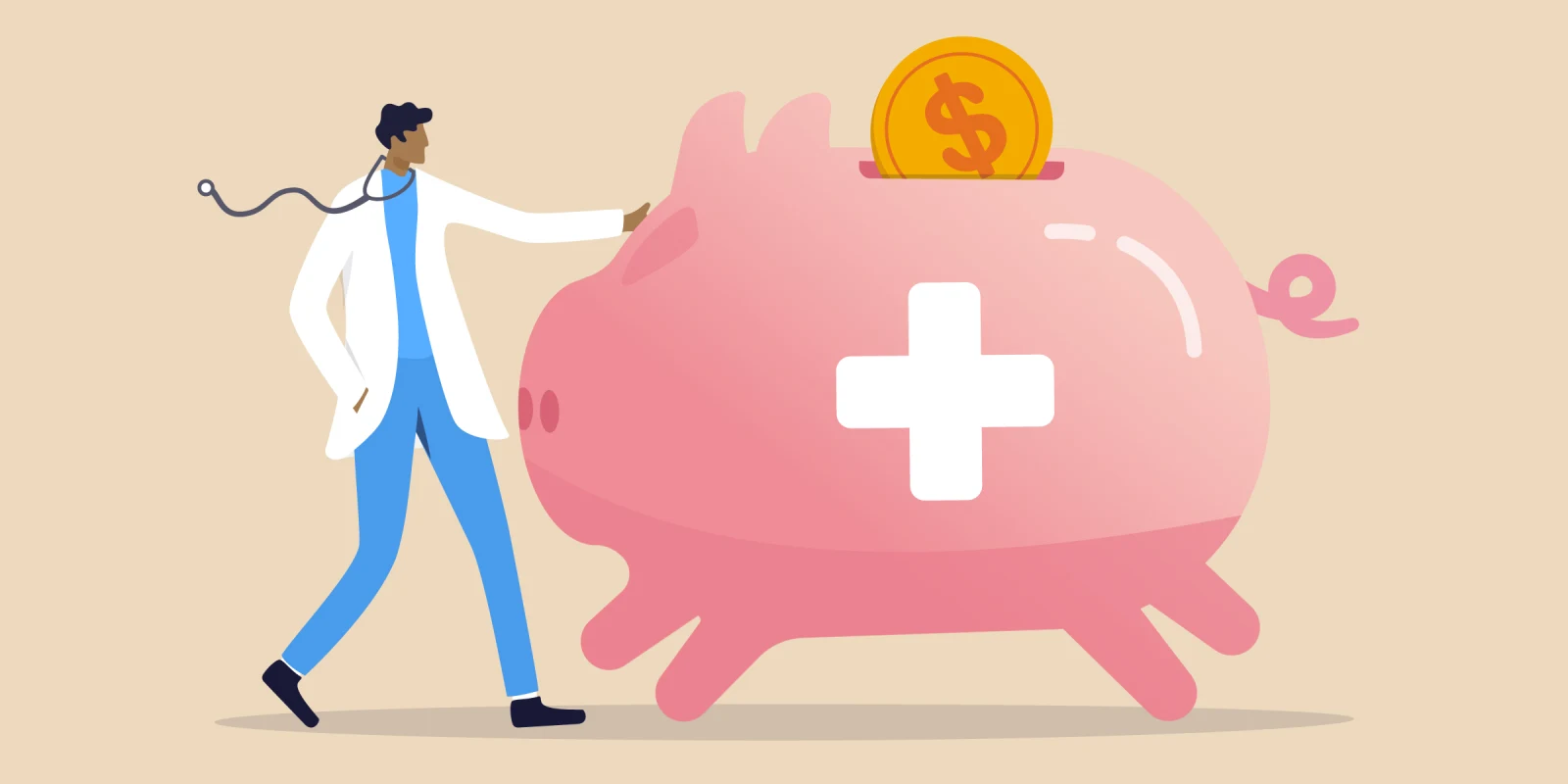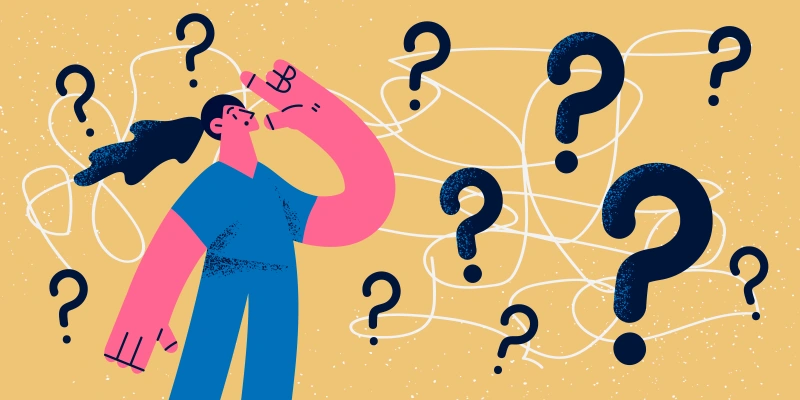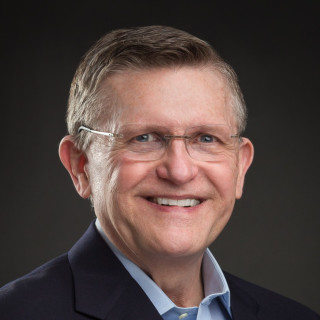I would characterize my current relationship with money as healthy. In general, I come at it from a place of abundance. I have a written financial plan, I spend intentionally, and so on. I even embrace the role of luck.
But this current relationship only goes back about two years. Before that, I had a very unhealthy relationship with money. I had a 100% scarcity money mindset. I didn’t know that’s what it was called at the time. But I believed that any money transaction was zero sum. If I wasn’t gaining, I thought, I was losing. And most of the time, I was losing.
My wife and I had a 0% savings rate. I didn’t know how to invest. Even more, I did not understand why we needed to invest. Money scared me. And it intimidated me. Honestly. There is no other way to characterize it.
I would be scared to check our bank accounts. So, I would make my wife do it. I didn’t want to face up to how bad the situation was, which was pretty much always worse in my head than it was in reality. I ignored my student loans. Basically, I just closed my eyes and deferred them once a year for each of my seven years in training. Seeing just how big the number was freaked me out.
Facing my mistakes money-wise scared me. Further, I carried a huge limiting belief about money and finance. I told myself that I sucked at money. Just wasn’t good at it. Why did I tell myself this? Because I had made mistakes with money. And these mistakes are now well documented!
I had also made mistakes in my medical training. But somehow I had no doubts about my abilities to become a great doctor. And yet, I was 100% certain that I couldn’t “do” money. Thankfully, that all changed drastically.
Eventually, I decided that I had to face my fears. My wife and I put in a lot of mindset work and committed ourselves to our financial education. Our relationship with money is now healthy. However, it took a while to get here — and involved me digging into the root of my belief that I wasn’t “good at money.” Namely, it involved reflecting on my parents’ approach to money back when I was growing up.
Up until the age of 10, my family was middle to upper middle class. My dad worked for my maternal grandfather who owned a company that sold compressors. My mom stayed at home raising me and my brother and sister. We had a big house in a fancy neighborhood. My parents drove really nice cars. My siblings and I went to private school. Money just didn’t seem to be a problem.
But then my parents split up. I don’t begrudge them this. They are better apart and still have a pretty good relationship today. But at the time, it obviously sucked. Due to this divorce, my father no longer worked for my grandfather. He took another job with less income, for sure. I believe there was child support, but my mom now had to find a job too.
All of a sudden, and it really was all of a sudden, especially in the eyes of a kid, money became a real issue. The pockets tightened. Don’t get me wrong, we were fine. But it was different. As a kid, it feels like the rug slips out from under you a bit. You don’t always understand. And it's money’s fault, right?
I am the oldest child in my family. During these challenging years, I caught wind of a lot of my parents’ concerns about money, whether directly or indirectly. We might lose the house. I’m worried about the kids needing to change schools. So and so is spending too much. We need to cut back. I learned that not having money caused problems. And that even when you had money, you could never be quite sure if something was waiting for you right around the corner to screw it up. Money was scarce … so we had to hold on tight.
Fast forward a few years. When I was a senior in high school, my parents had to have the difficult conversation with me that there were no savings to help with my college expenses. I had to decide between going to the school I really wanted to go to, but paying in mostly loans, or going to a state school. I decided on the former. My loans then haunted me for a long time before I finally faced up to them and came up with a plan to pay all $450k off in five years or less.
Given my history, it’s no surprise that my relationship to money up until recently was strained. However, once I started trying to actively repair the relationship, I learned that it’s not money, but the mishandling of it, that can cause problems. For a while, my parents did have good money. But their relationship with it, from what I could see, was not a good one. They fell into the classic trap of most high income earners: believing that high income means high wealth means high net worth. But we know that this is not how it works. That’s why there were always fancy leased cars in my garage but no college savings.
I do not at all fault my parents for their mistakes. Like so many of us, they had little to no personal financial education. At the time in their lives that I am talking about, they were the age that I was in medical school. Who the heck knows what I would have done with any semblance of a high income as a 26 year old!
I learned from watching them and going through it myself that it’s not really money that can be taken away at any time. Rather, it’s dependent income (wages, salary, etc.). Look at doctors during COVID-19, for example.
And yet, if you have a high net worth or are financially independent, income doesn’t matter as much. Independent income is how you win the game.
And that is why my wife and I formed our financial plan the way we have. It’s why we have more than a 43% savings rate. Our income has only two purposes: to be spent intentionally to bring us joy, and to be converted into wealth, the only currency that can buy your time.
If we are paying for something that doesn’t accomplish one of these two things, it’s not worth it. No matter how low or high the price tag.
In the end, our financial past is just like anything else from our past. Some people, myself included, have worried that what happened when we were younger and less experienced defines us. And yet, I have proof that that is not true.
What is true, however, is that the past is full of lessons. And it’s learning from those lessons that breaks us free.
How has your relationship to money changed over time? Share your experiences and lessons learned in the comments!
Jordan is a graduating fellow in plastic surgery at NYU.
Image by Nuthawut Somsuk / GettyImages






